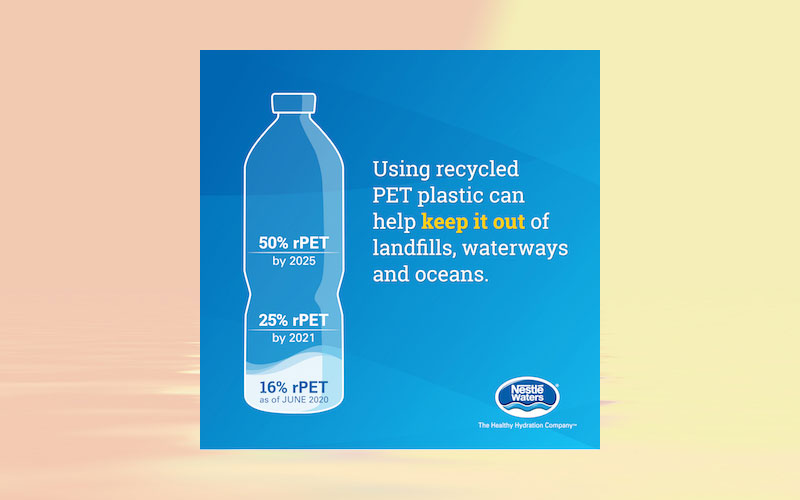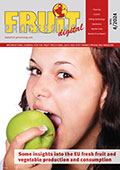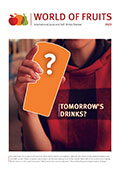Nestlé Waters North America expands use of 100 % recycled plastic (rPET) in three additional brands, doubles rPET use across U.S. domestic portfolio
Nestlé Waters North America announced that three more of our U.S. domestic still water brands have started to convert their packaging to 100 % recycled plastic.

Ozarka®, Deer Park® and Zephyrhills® join Poland Spring® in using 100 % rPET bottles in multiple sizes. All Nestlé Waters North America U.S. domestic packaging continues to be 100 % recyclable.
Nestlé Waters North America (NWNA) announced that three more of our U.S. domestic still water brands have started to convert their packaging to 100 % recycled plastic. Ozarka® Brand 100 % Natural Spring Water, Deer Park® Brand 100 % Natural Spring Water and Zephyrhills® Brand 100 % Natural Spring Water packaging, which has long been 100 % recyclable, will now be both 100 % recyclable and made from 100 % recycled plastic. With the expansion of recycled plastic (rPET) to these brands, nearly 60 % of all households in the U.S. will have access to one of Nestlé’s regionally distributed spring water brands in bottles made entirely with recycled plastic.
The packaging conversion for these three brands means that NWNA has now doubled the amount of rPET used since 2019 across its U.S. domestic portfolio to 16.5 %. This step brings the company closer to achieving its goals of using 25 % rPET across its U.S. domestic portfolio by 2021 and 50 % rPET by 2025. By accelerating the use of rPET in its bottles, NWNA is leading the shift from virgin plastic to recycled plastic and helping to create an end-market for sustainable rPET. Using recycled plastic can help keep it out of landfills, waterways and oceans, and reduces greenhouse gases by 67 % compared to using new plastic1.
To help consumers identify the new rPET bottles, all three brands will include a new message on the labels of the 20 oz, 700 mL, 1 L and 1.5 L bottles, stating they are both 100 % recyclable and now are also made from 100 % recycled plastic. To provide greater transparency about the source of the water, the labels will also include a QR code that allows people to scan and track the journey of the water they’re drinking, as well as the bottle. Ozarka will be launching a TV, digital and social media campaign this summer to inform Texans of the new rPET bottles. Understanding that bottles need to be recycled in order to create bottles with other bottles, Zephyrhills will be launching limited edition labels that encourage consumers to recycle through a bold message stating, ‘I’m Not Trash! I’m 100 % Recyclable.’ This message will accompany the “100 % recycled” message on the applicable bottle sizes.
NWNA’s ability to expand its use of recycled plastic partially relies on existing bottles being recycled when empty. Unfortunately, right now, less than 30 % of PET bottles are recycled and many recovered beverage containers are being down-cycled and used in non-food contact applications versus being made back into beverage containers. While giving a plastic beverage container another life in products such as carpets and textiles ensures one more use, it does not represent the highest and best use of food-grade recycled material. Recognizing these challenges in obtaining enough rPET to incorporate into more of our product packaging, NWNA will continue to work collectively with industry, NGOs, governments and consumers to address critical issues related to infrastructure, collection, policy, consumer education, and development of end-markets for recycled materials.
To help the underfunded and often outdated recycling infrastructure in the U.S., NWNA made a $6 million investment in the Closed Loop Infrastructure Fund to support projects that help increase recycling capabilities throughout the country. In 2019, Poland Spring collaborated with The Recycling Partnership to launch the first Instagram recycling hotline to help Americans understand what is recyclable in their communities. NWNA was also the first beverage company to add How2Recycle information on the labels of its major U.S. brands, reminding consumers to empty the bottle and replace the cap before recycling.
1Association of Plastic Recyclers (2018)









